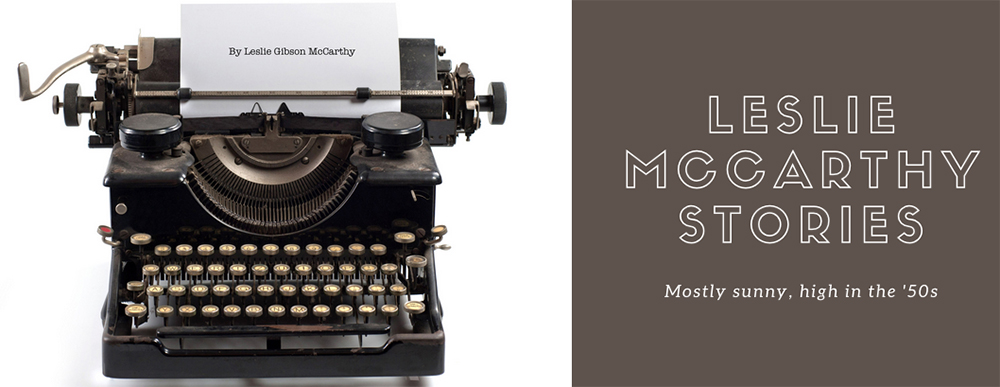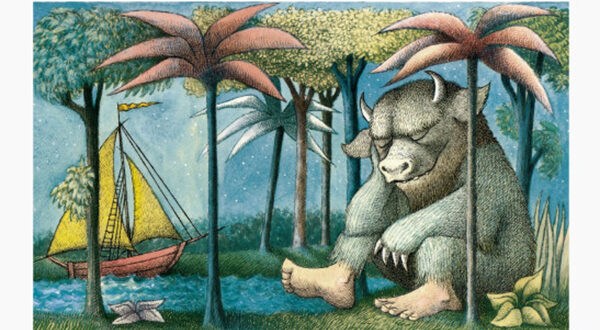Let the wild rumpus start
As a preschooler, I loved a boy named Max. He wasn’t the best influence, as he was always finding trouble and being sent to his room. But Max had a great imagination and liked to invent wild stories about strange and terrible beasts. He was resourceful, adventurous — and dangerously inspiring. And I will be forever grateful to my parents for letting me near him.
Max was a character, literally — the spunky protagonist of Maurice Sendak’s “Where the Wild Things Are.” For me, he sparked a lifetime of reading.
A few years and a more robust vocabulary later, a strep infection kept me out of school with nothing to do but read. This was the 1970s, before TVs in every room and video game consoles. In one week’s time, I read two books that have stayed with me some 47 years later: “To Kill A Mockingbird” and Anne Frank’s “The Diary of a Young Girl.”
At 13, I was transported to the Depression-era South, where I learned you never really know a person until you walk in their shoes. Then I lived in an attic in Amsterdam at the time of the Nazi occupation. Each book revealed intense heartbreak, and each one changed me profoundly. Books are dangerous in that way. Dangerously enlightening.
I’m turning 60 soon, and a milestone birthday offers time for reflection. The single best thing my parents did for my life was instill a love of books, and along with it, the freedom and encouragement to read. I know I’m late to this fight, but one of the most appalling trends of this 21st century is the challenge of the very thing we need most as a society — books.
Now there are laws, fights at school board meetings and librarians being challenged. The nonprofit group PEN America reported last summer that bans are occurring in 138 school districts in 32 states — including this one.
These districts represent 5,049 schools with a combined enrollment of nearly 4 million students. That’s a lot of creativity being challenged, a lot of characters who may never befriend, enchant and enlighten a young mind.
Because of reading, I learned just as much out of school as I did in it. Beatrice Sparks’ “Go Ask Alice” was a more effective warning about high school drug use than any parental or school lecture. Tim O’Brien’s “The Things They Carried” was a chilling account of the evils of war.
Later in life, Khaled Hosseini’s “The Kite Runner” made me care about Afghanistan. Jody Picoult’s “Nineteen Minutes” took me inside a school shooting and its aftermath. All of these titles have been banned — or threatened — somewhere in this country, including my beloved “Where the Wild Things Are.”
Every book I’ve ever read has changed me in one way or another.
“Any book worth banning is a book worth reading,” the writer Isaac Asimov said.
Now I’ve got a list of more books to read. Let the wild rumpus start.
Originally published in the Webster-Kirkwood Times March 17, 2023.






